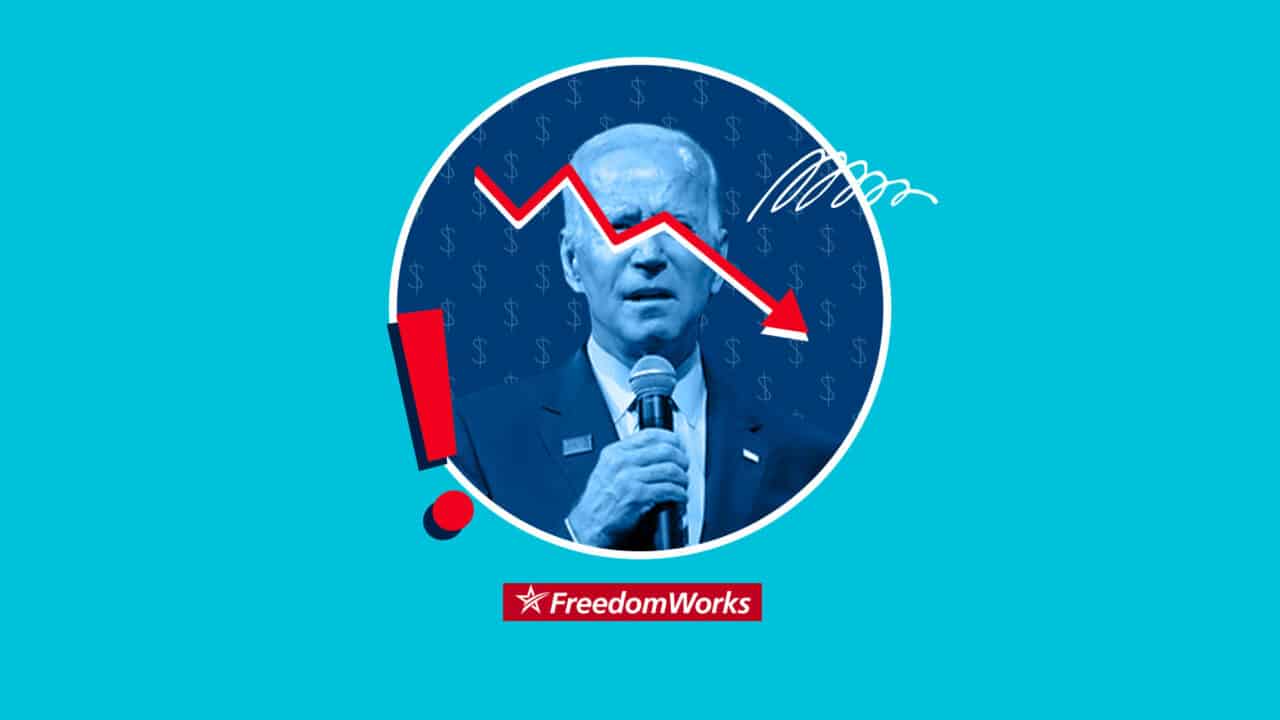On the Matter of Inflation, We Have a Problem of Definitions

As seen in Forbes
With inflation we seem to have a problem of definitions. More specifically, everyone seems to want to give inflation a definition as opposed to accepting the definition. It’s the word equivalent of various writers deciding that “excellent” isn’t simply “great,” and that going forward what signifies great will now have varying meanings including bad, average, and corpulent. No, excellent means one thing.
Historically inflation had a singular meaning. It was a devaluation of the currency. Inflation was Germany in the early 1920s as the mark fell to less than a four billionth of a dollar. In Argentina, a peso billionaire as of the 1950s was worth pennies several decades later thanks to the peso’s devaluation. Before Zimbabwe dollarized (making official what markets had long before made official), the country’s “dollar” went into stupendous decline such that there are countless ZWD billionaires around the world, including yours truly.
This is useful to bring up in consideration of a co-authored opinion piece by Dartmouth professor Andrew Levin and Rosenberg Capital Markets senior economist Mickey Levy. They wrote that the Labor Department recently “confirmed something you already know: Inflation is far too high.” Not asked is why the Labor Department’s opinion would be germane to something related to the dollar. The simple truth is that the rate of unemployment doesn’t have anything to do with inflation. Think about it.
Was Germany’s hyperinflation born of too many Germans working and prospering? Did the same transpire in Argentina and Zimbabwe? These questions are rhetorical.
From there, Levin and Levy note that readers “may be wondering what the Federal Reserve’s plan” is to bring down inflation. They ask the question to make a bigger point that on the matter of a specific plan to arrest inflation, “The Fed doesn’t seem to know either.” And it shouldn’t know. Really, why would the Fed have a plan to fight inflation? The question isn’t as flippant as it may appear. While this has been forgotten in modern times, dollar policy is not part of the Fed’s portfolio. Translated, the Fed’s role has nothing to do with maintaining a stable, non-inflationary dollar. History is clear here.
When FDR decided to devalue the dollar from 1/20th of a gold ounce to 1/35th in 1933, he did so in the face of major protest from Fed Chairman Eugene Meyer. So incensed was Meyer that he resigned over a policy choice that he was powerless to stop. And while Arthur Burns didn’t resign over President Nixon’s decision to sever the dollar’s link to gold, he protested it passionately without success. The dollar collapsed in the 1970s. The collapse was inflation and there was nothing the Fed could do about it. The Fed yet again doesn’t do dollar policy. It never has.
Which is why the question is asked about the Fed having a plan for what is a currency phenomenon. Of course it doesn’t.
All of which leads to a question about the dollar under Joe Biden. Since this is accepted as “Biden’s inflation,” the dollar must have collapsed? Actually, it’s risen against every major foreign currency since January of 2021, and similarly has risen a fair amount against gold. Translated, this would be the first inflation in the history of mankind in which the currency rose.



